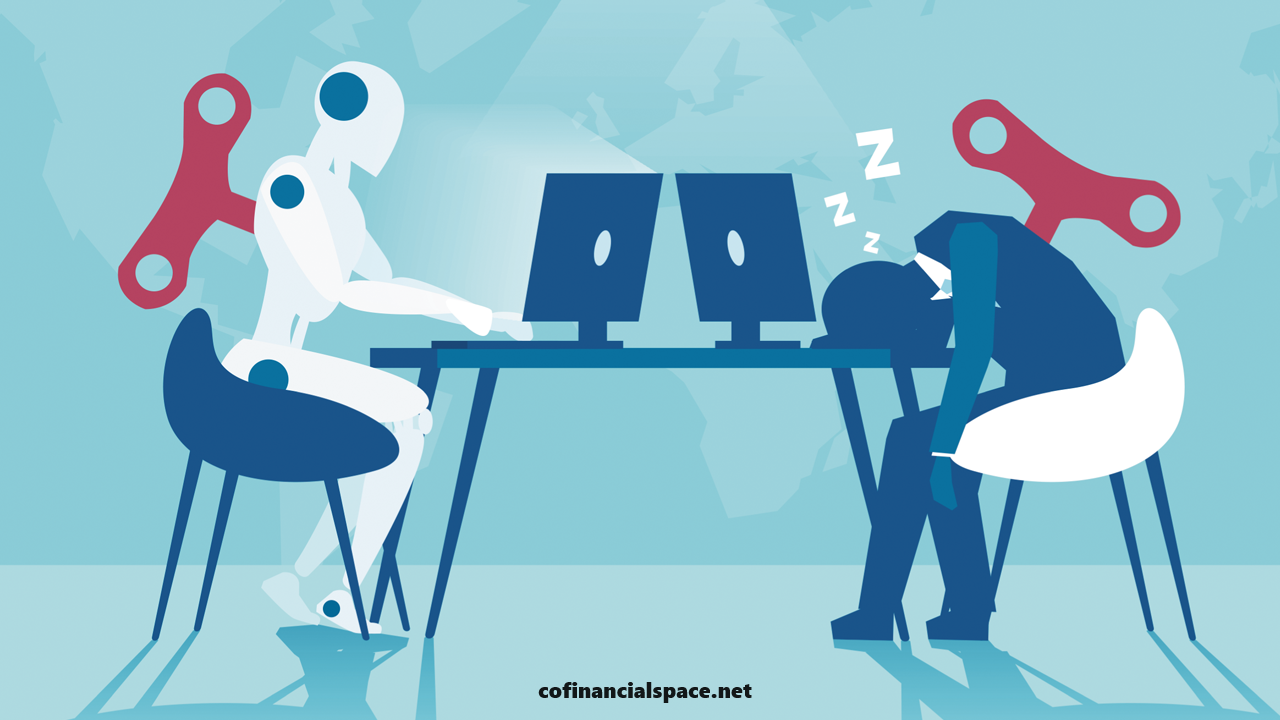
30 janvier 2024
Artificial Intelligence (AI) is revolutionizing industries across the globe, presenting both opportunities and challenges for the workforce. This article aims to provide a detailed examination of the impact of AI on the labor market in the short, medium, and long term.
Short-Term Impact:
Automation of Repetitive Tasks: In the short term, AI is primarily contributing to the automation of routine and repetitive tasks. This results in increased efficiency and reduced costs for businesses but may lead to job displacement for workers engaged in such tasks.
Skill Shift and Retraining: The short-term impact also involves a shift in required skills. Workers need to adapt to new technologies and acquire skills in areas such as data analysis, programming, and problem-solving. Companies investing in retraining programs can mitigate the negative effects on the workforce.
Medium-Term Impact:
Job Displacement and Creation: As AI technologies mature, certain job roles may become obsolete, leading to job displacement. However, the medium term also witnesses the creation of new roles in AI development, maintenance, and supervision, creating opportunities for skilled workers.
Increased Productivity and Economic Growth: AI-driven automation enhances productivity, contributing to economic growth. While there may be challenges in workforce adaptation during this phase, the overall impact includes improved efficiency and innovation.
AI-Augmented Decision-Making: AI systems assist decision-makers by providing valuable insights based on vast amounts of data. In the medium term, workers collaborate with AI tools to enhance decision-making processes across various industries.
Long-Term Impact:
Transformation of Job Roles: In the long term, job roles are expected to transform significantly. While some routine tasks may be fully automated, human workers are likely to focus on creative, complex problem-solving, and interpersonal skills that are difficult for AI to replicate.
Ethical and Social Considerations: The long-term impact of AI extends beyond the workforce to ethical and social considerations. Policies and regulations must evolve to address issues such as job displacement, privacy concerns, and the ethical use of AI in decision-making.
AI as a Catalyst for Innovation: Over the long term, AI serves as a catalyst for innovation, leading to the development of entirely new industries and business models. The workforce will need to continuously adapt to emerging technologies, emphasizing the importance of lifelong learning.
In conclusion, the impact of AI on the workforce varies across short, medium, and long terms. While the short term may witness job displacement and skill shifts, the medium and long terms offer opportunities for innovation, economic growth, and the transformation of job roles. Effective policies, education, and retraining programs are essential to navigate these changes and ensure a smooth transition for the workforce into an AI-driven future.